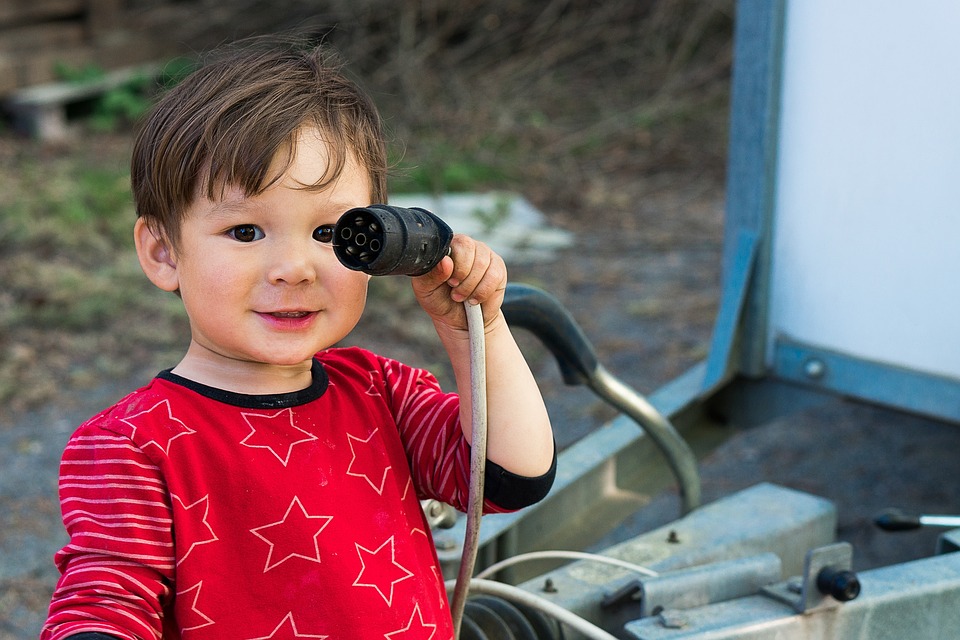A wide variety of factors come into play when a child is at the age where they are developing their own unique personality. Inherited traits, observing behavior from their parents and anyone they come into contact with and the various media outlets they are exposed too all have a part in shaping a child. No matter what you do, some traits may be annoying, some may be cute, some may be downright undesirable. While you may be quick to assume any undesirable traits are your fault as a parent,that is not always the case.
Most children go through a stage where they act up more and some Behaviour Concerns are not out-of-the-ordinary. It’s normal for kids to want to go against their parents, teachers and other authority figures. However, if the behavior becomes problematic to the point that the child or others could be in danger or the child is disrupting your life of the lives of other children, parents or teachers, some action may be needed to curb these behaviour concerns.
It’s normal for kids to throw the odd tantrum or be loud in public or get mad at you or another child over something trivial. However, some behaviors that can be deemed problematic and should be dealt with include:
–Physical altercations with adults and other children. This includes punching, hitting, kicking, biting, scratching and shoving.
-Constantly disrupting family gatherings, social events and classes.
-Bullying other children which includes name-calling, belittling and instilling fear in them.
-Cutting class and giving teachers a very hard time
-Acting out in public to get attention
-Damaging other people’s property
-Never following the rules
-Endangering others
-Not taking responsibility for bad behavior nor attempting to correct it when it’s pointed out.
Fortunately, there are ways to curb Behavior concerns before they get completely out of control. It’s best to try and take control on your own without outside intervention so as not to cause alarm with the child. Having another adult arrive on the scene may cause the child to act out even more. The first thing you should do is research your child’s behavior and steps can be taken to deal with it. Read articles and books, speak with other parents or get information in online forums where you can speak with others going through the same thing.
If your efforts do not work, you may need to get outside help. Start with your family doctor. Your doctor may suggest visiting with a child psychologist or other professionalism. Speak with your child’s teachers to get suggestions from them and to update them on what is being done.
In most cases, these behaviour concerns are just a stage and as the child gets older, the behavior improves. Either way, it’s important to get to the bottom of the issues sooner than later.









